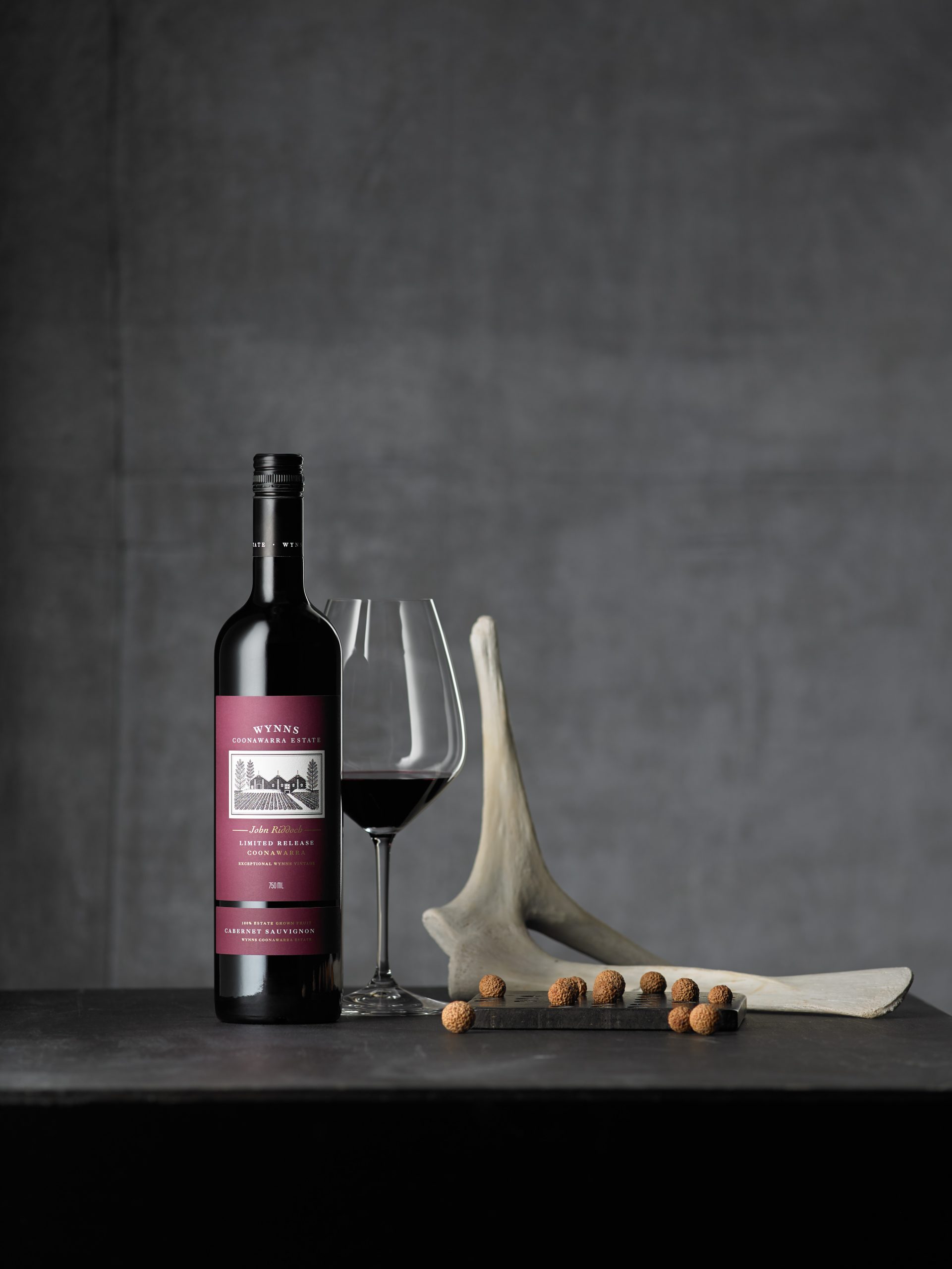Czech rum gets five year reprieve from EU ban
The popular Czech rum-like spirit Tuzemák risked being banned after it was found that a key ingredient increased the risk of cancer, but manufacturers have now been given five years to reformulate the spirit.
Czech rum, or Tuzemák, accounts for every fourth bottle of alcohol sold in Czech Republic. In the last year, Czechs spent three billion koruna ($146m; £104m) on the liquor, which is made from sugar beet.
Yet one of the ingredients in the rum ether which gives the drink its distinctive flavour, furan, is a suspected carcinogenic which is banned in the European Union.
The manufacturing of Tuzemák was due to end on 22 April, until the EU gave manufacturers a five year exception to the ban this week. This gives them until 2023 to perfect a new recipe.
A new formulation with lower levels of furan has already been sent to the European Food Standards Agency for testing.
Some manufacturers, including the director of the Union of Producers and Importers of Spirits, told news portal Aktualne.cz that they hope to persuade the EU that the health risks of Tuzemák have been exaggerated.
Partner Content
He said: “Either we can produce an equivalent rum essence to meet the requirements of the European Union, or use the five years to convince the commission that the rum isn’t harmful.”
Karel Melzoch, rector of the University of Chemistry and Technology, told Czech newspaper Hospodářské noviny that although some substances in Tuzemák could be hazardous to health, these substances were also widespread in other foodstuffs.
He said: “If all the suspected food were avoided, there wouldn’t be anything left to eat or drink”.
Rum ether is also used non-alcoholic drinks, baked goods, nutter and confectionary, yet the exception from the EU’s ban only applies to Tuzemák.




